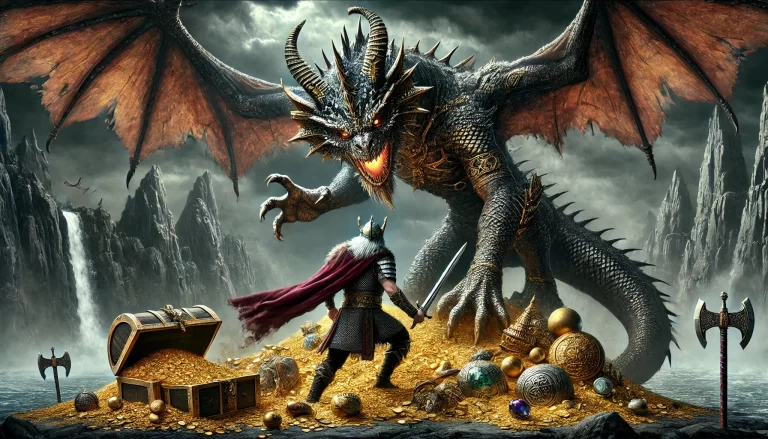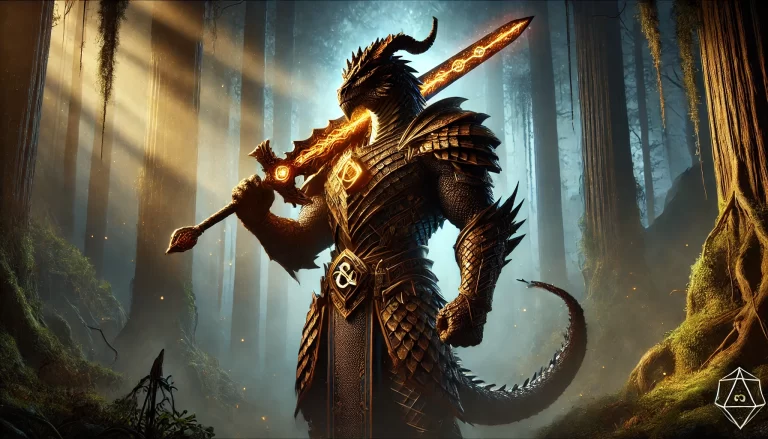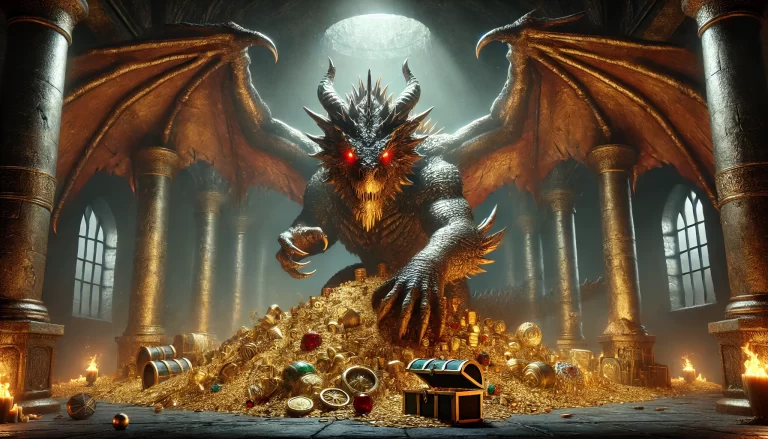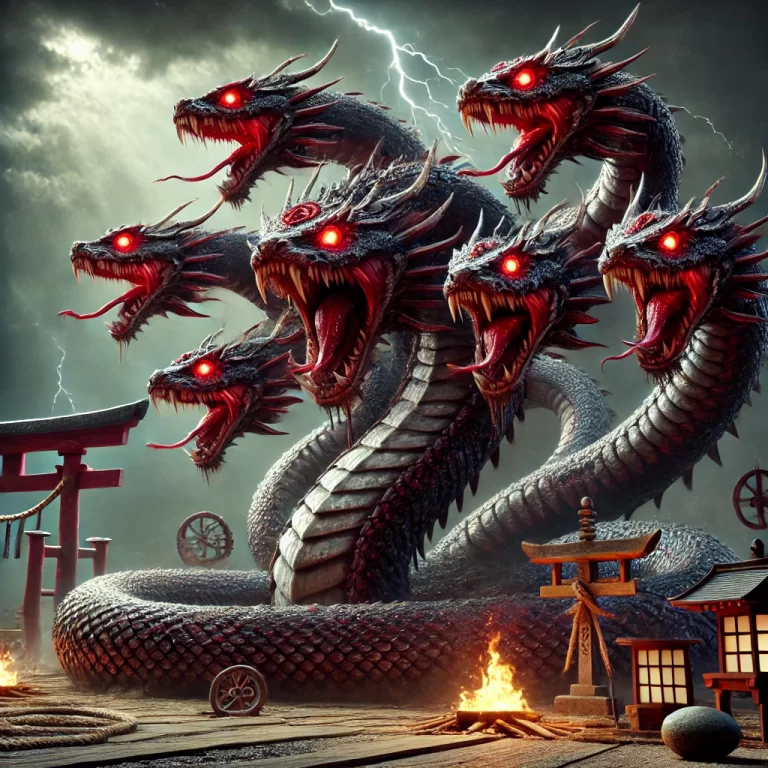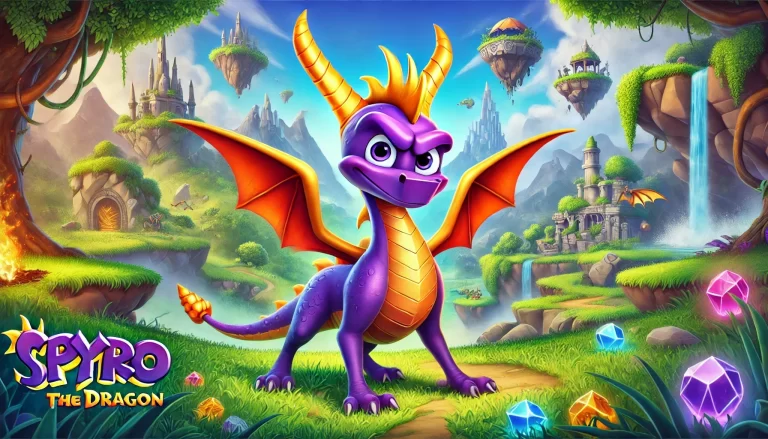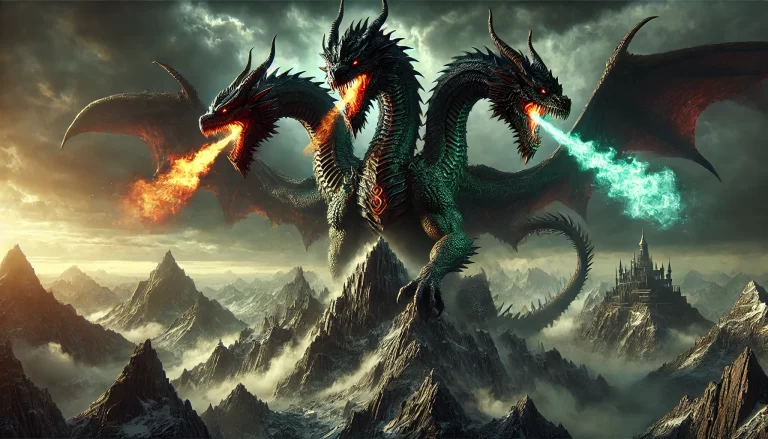The Myth of Vritra: The Serpent of Drought in Hindu Mythology
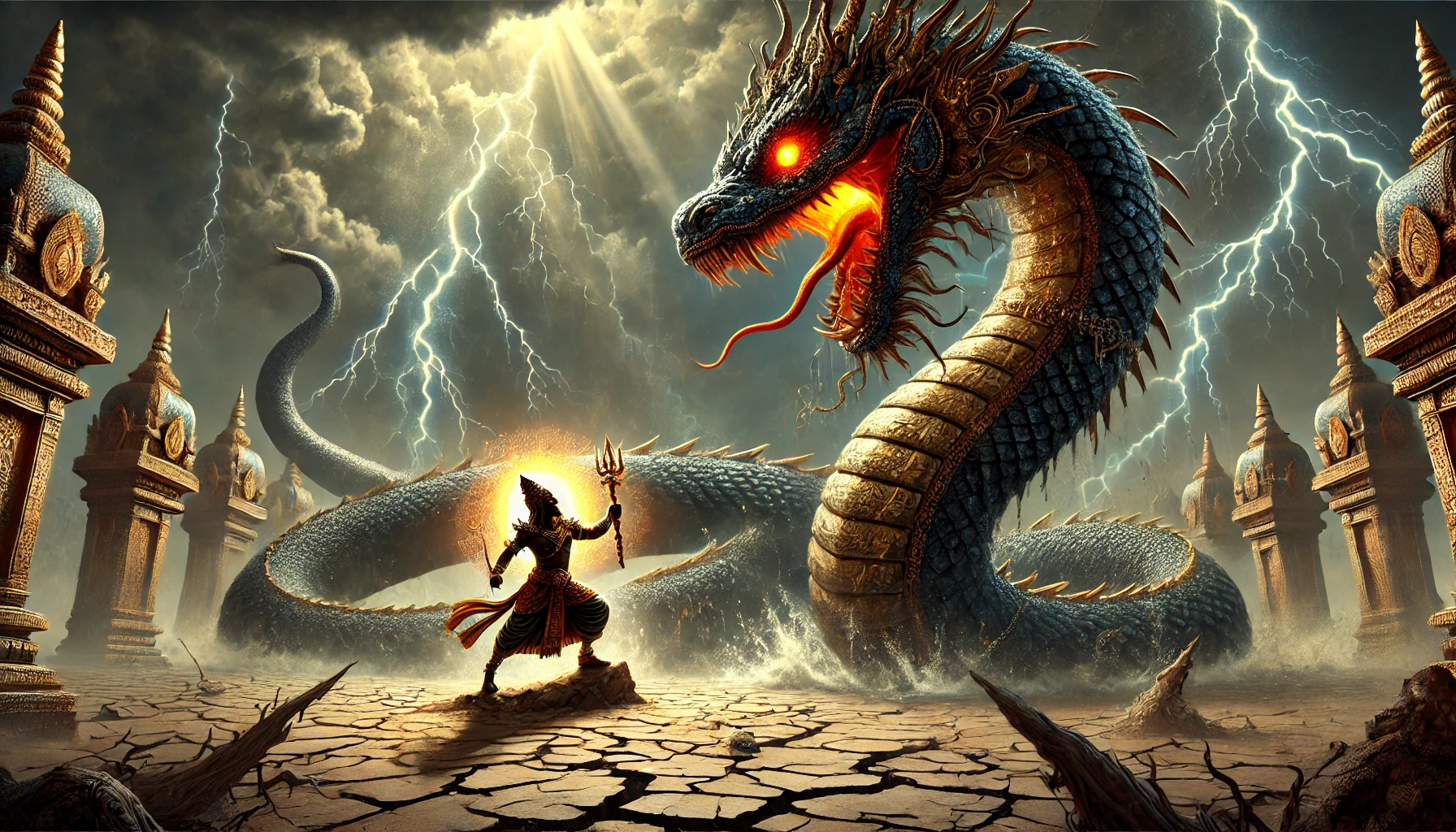
The Myth of Vritra: The Serpent of Drought in Hindu Mythology
Introduction
In the rich tapestry of Hindu mythology, few tales are as captivating as the epic battle between the god Indra and the mighty serpent Vritra. This legend, which symbolizes the triumph of life-giving forces over the destructive powers of drought, has been passed down through generations, highlighting the eternal struggle between good and evil, abundance and scarcity.
The Origin of Vritra
Vritra, often depicted as a colossal dragon or serpent, is a formidable asura (demon) known for his insatiable hunger and unyielding grip over the waters of the world. His name itself means “the enveloper,” a fitting title for a creature that symbolizes the parched, barren landscapes caused by drought. According to the Rigveda, one of the oldest sacred texts of Hinduism, Vritra’s dominance over the rivers and clouds led to a devastating drought, threatening all life on Earth.
Indra: The Divine Warrior
Indra, the king of the Devas (gods), is one of the most prominent deities in Hindu mythology. Known as the god of rain, thunder, and storms, Indra wields the powerful weapon Vajra, a thunderbolt that embodies his immense strength and authority. As the protector of humanity and the natural world, it was Indra’s divine duty to confront Vritra and restore balance to the cosmos.
The Epic Battle
The confrontation between Indra and Vritra is a dramatic and symbolic tale. Enraged by Vritra’s tyranny and the suffering it caused, Indra gathered his strength and resolved to vanquish the serpent. Armed with his thunderbolt, Indra faced Vritra in a battle that shook the heavens and the earth.
The battle was fierce and intense, with Vritra using his immense size and power to engulf and crush his opponents. However, Indra’s determination and divine might proved to be unyielding. With a decisive strike of his Vajra, Indra shattered Vritra’s body, releasing the captive waters and ending the drought. This victory not only signified the triumph of the Devas over the Asuras but also marked the return of life and prosperity to the world.
Symbolism and Legacy
The story of Vritra and Indra is rich with symbolic meaning. Vritra’s defeat represents the dispersal of the forces of chaos and destruction, allowing for the renewal of life and fertility. Indra’s victory underscores the importance of perseverance, courage, and divine intervention in overcoming obstacles.
In a broader sense, this myth reflects the natural cycle of drought and rain, death and rebirth, that is essential to agricultural societies. It also serves as a reminder of the delicate balance between the elements and the ever-present need to maintain harmony in the natural world.
Conclusion
The myth of Vritra and Indra continues to be a powerful and relevant story within Hindu mythology. It is a tale that speaks to the resilience of life in the face of adversity and the enduring struggle between the forces of creation and destruction. As we reflect on this ancient legend, we are reminded of the timeless truths it embodies and the enduring legacy of these mythological heroes.
Through the lens of this epic battle, we gain a deeper appreciation for the intricate and profound narratives that shape our understanding of the world and our place within it.

